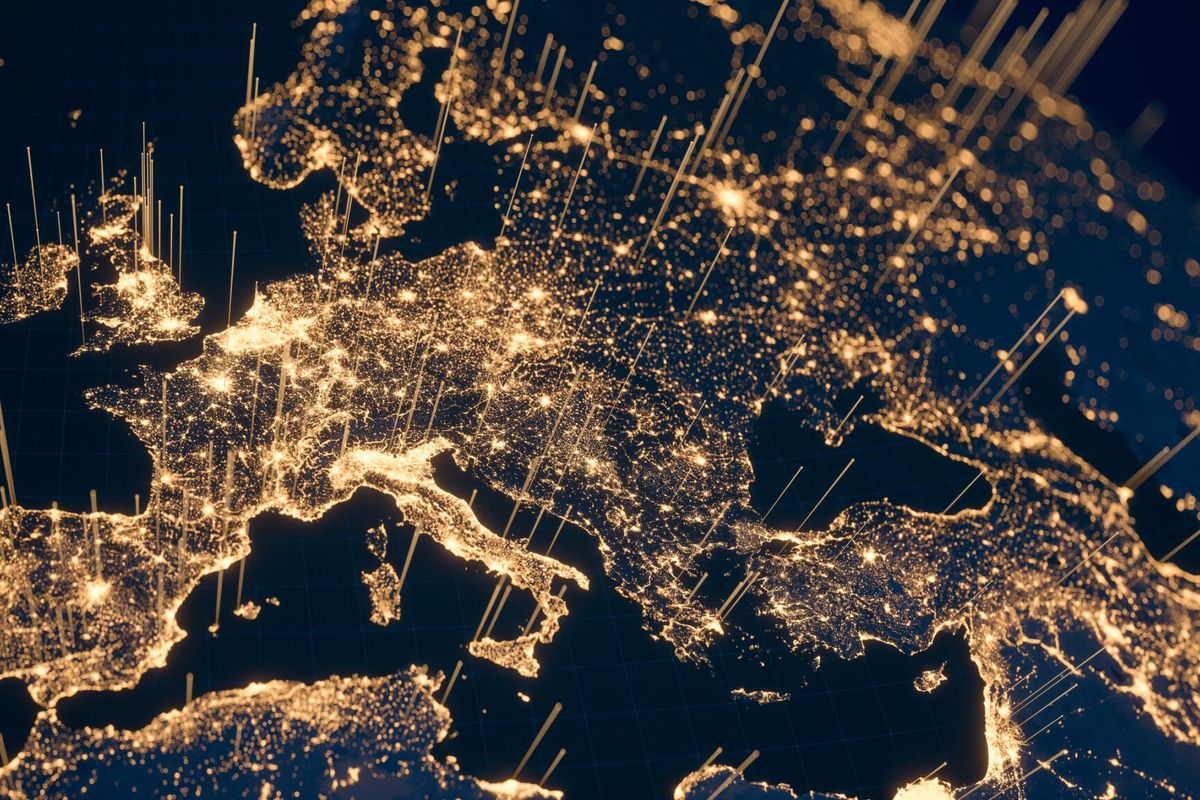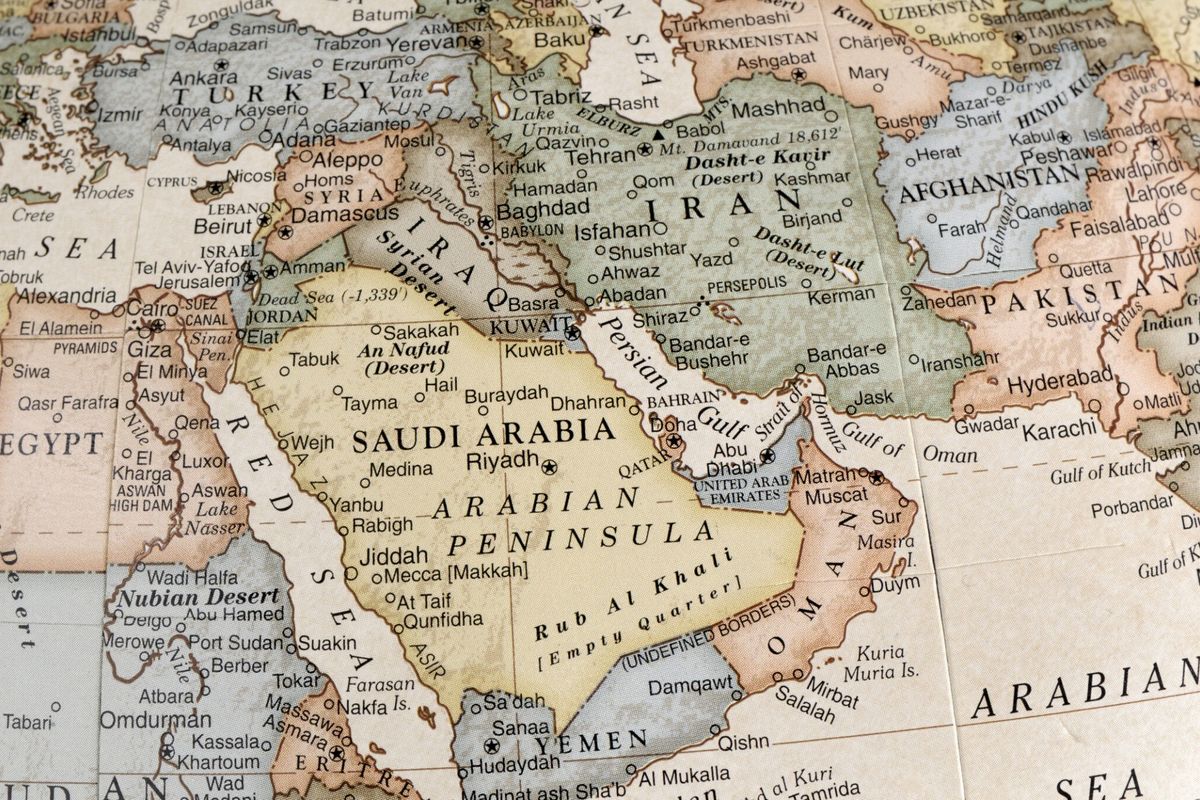Saudi Arabia, blessed with political stability and deep pockets, presents one of the most attractive business and investment environments in the vast region between central Africa and China.
The kingdom offers a stable currency that is freely convertible to dollars and Euros, a well-managed and respected central bank, membership in the World Trade Organization, foreign reserves that among the world’s largest, very low debt, and excellent communications networks and infrastructure. A growing population is snapping up housing, vehicles, electronic gear and other consumer products, and health care services. A unified and consistent government policy encourages foreign investment. Such industrial giants as Dow Chemical Co., General Electric, and Alcoa have opened large-scale operations in Saudi Arabia in the past few years.
The government has broken up its monopoly on domestic air travel and cellphone service and has welcomed external investment in those fields as well. For obvious reasons Saudi Arabia does not encourage investment in water-intensive projects, but otherwise it is mostly open for business, even in such unexpected fields as alternative energy.
The Saudi Arabian General Investment Authority, or SAGIA, created to promote foreign investment, promises on its web site to license any qualified foreign investor within five days of application, and to expedite the legal and regulatory process required to set up shop.
A recent analysis by Riyadh’s Jadwa Investment Group found steady if unspectacular growth in the first half of 2015 in all sectors of the economy except utilities, including a robust 6.8 percent surge in the non-oil private sector in the second quarter. That figure reflects both the relatively low price of crude oil and the growing role of private-sector industry and business in the national economy.
“We expect the economic performance to be on the upside for the reminder of the year,” the Jadwa analysts said.
An assessment issued by the International Monetary Fund at about the same time reported that “Saudi Arabia’s economy has grown very strongly in recent years as it has benefited from high oil prices and output, strong private sector activity, increased government spending, and the implementation of a number of domestic reform initiatives. Rising oil prices and oil production have also resulted in large external and fiscal surpluses, and government debt has declined to very low levels. The economic outlook remains favorable.”
Of course, at the moment Saudi Arabia is not benefiting from “high oil prices,” as the IMF acknowledged. At current prices, the kingdom is running a budget deficit, recently borrowed in the bond market for the first time in years, and has drawn down its foreign reserves by some $50 billion this year. Nevertheless, the government has said that it will not reduce spending or postpone capital projects. Since government spending is still the largest component of the economy, maintaining outlays at the present level ensures that growth will continue, the Jadwa and IMF reports said. And if spending cuts do become necessary, the first target is likely to be the kingdom’s extensive aid to Egypt and other foreign countries, rather than domestic, economic analysts say.
This is not to say that the economic and investment picture is entirely positive. Saudi Arabia suffers from longstanding, intractable imbalances that have hindered private-sector growth for years. The well-funded education system is free for everyone but produces too many graduates who lack the skills employers seek in today’s economy. The government tends to invest heavily in white-elephant projects that become drags on the economy after construction work ends. In industry and services, the country remains heavily dependent on foreign labor. Retail stores and restaurants are required to shut down for prayer five times a day. Products that violate religious restrictions, including alcohol and pork, are prohibited. And women—now on average better educated than men—still face social and workplace restrictions that make them difficult to employ. Many women work in banks, for example, but in separate sections where they see only female customers.
And of course Saudi Arabia lives in a terrible neighborhood, with Yemen and Iraq on its borders and Egypt and Iran nearby. Saudi Arabia is heavily armed and faces no threat of invasion, but over the past few years it has been subject to occasional bombings and shootings attributed to extremist groups, including three attacks this year on mosques. A decade ago a wave of attacks by al-Qaeda in the Arabian Peninsula scared off some potential investors and send many foreigners home; recent troubles have been on a much smaller scale, and widely scattered.













